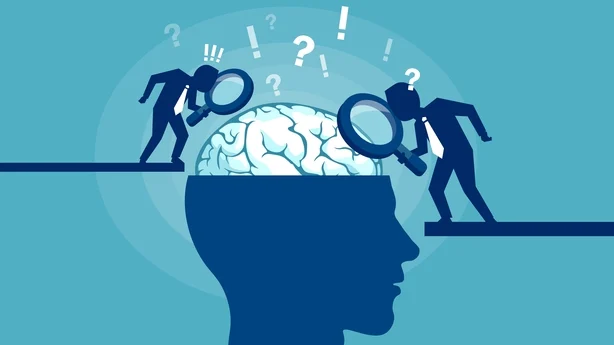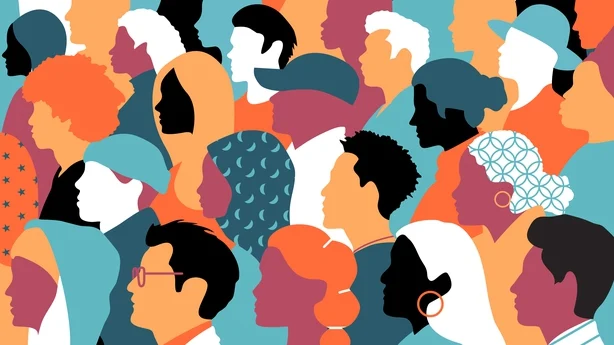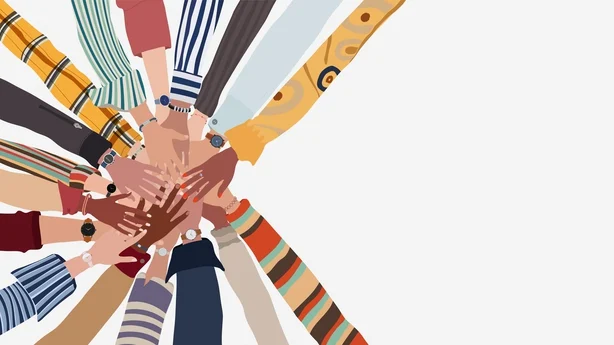Counselling psychologist Niamh Delmar shares her insights into neurodiversity, and how society can develop a more neuro-inclusive culture.
Neurodiversity refers to the differences in the way our brains work. The term, coined by sociologist Judy Singer, sees diverse minds as part of humanity, and also promotes advocacy for inclusion and equality.
Diversity encompasses skills and abilities such as communication, intellectual, social, emotional, motor and sensory. People who are neurodivergent think, feel and behave differently, whereas the medical model viewed this as a disability to be treated, the social model sees it as needing to be accommodated. There is a move towards combining aspects from both.
Differences may be very noticeable or subtle. Neurodivergent people experience and interact with the world in different ways, which poses some challenges, but also have individual strengths that can be developed. Neurological differences include Autism, ADHD and learning difficulties.

Processing information occurs in unique ways and they may need support with areas such as executive functioning, emotional regulation and in social settings. Some people may choose the term neurodivergent to describe themselves, while others prefer their specific diagnosis.
Research has uncovered neurodivergent strengths including creativity, attention to detail, hyper focusing, verbal comprehension, outstanding memory, entrepreneurialism and specialist skills. Some of the conditions that are under this umbrella term include Autism, ADHD and learning difficulties such as dyslexia.
Autism refers to a wide range of behaviours and experiences. Autistic people may struggle with social interactions, communication, sensory overload, unfamiliar events, processing information and engage in repetitive behaviours. Unusual interests, behaviours and developmental delays may feature. A detailed assessment explores clusters of signs and symptoms usually apparent in early childhood.
Being autistic, you can live a full life, but may need specific supports at different periods. Autism is on a spectrum affecting people in different ways. According to the Autism charity AsIAm, approximately 3.3% of the Irish population are autistic.

ADHD symptoms can present as mostly inattentive, mostly hyperactive and impulsive or both. Difficulties focusing and certain behaviours can be stressful for people at school and in work and home environments. Signs include a tendency to be easily distracted, disorganised, unable to sit still and follow instructions. The person may experience problems with memory, motivation and sustained effort.
Learning difficulties include dyslexia (reading), dyscalculia (maths), dysgraphia (reading) and dyspraxia (motor skills). Specific teaching methods and interventions help support people emotionally and academically.
Getting a diagnosis
Early detection often arises from check-ins with the GP, Public Health Nurse or teachers. The system can be complex with long waiting lists. An assessment of need is conducted with children to identify what service is required.
The National Educational Psychological Service (NEPS) provides services in public and fee paying primary and post-primary schools. Community Psychology and Child and Adult Mental Health Services (CAMHS) offer supports.
More adults are seeking assessments due to neurodiversity awareness, or identifying with their children's diagnosis. Private assessments take place in specialised centres or with Psychologists or Psychiatrists. It is imperative to check qualificiations and expertise in the area you are seeking help with. Evidence based interventions, school supports and entitlements are based on the diagnoses made.

Supporting neurodivergent people
Education and accurate information can help to eradicate negative stereotyping, bullying and stigmatising. Understanding, being empathetic and accepting an individual's ways of being and communicating fosters inclusivity.
Rather than negatively judging, neurodivergent characteristics such as fidgeting, taking things literally or stimming are accepted. In workplaces, schools and colleges, reasonable accommodations can be made to minimise sensory overload, facilitate movement breaks, arrange a "go-to person", quiet spaces and other supports.
Developing a neuro-inclusive culture is an ongoing process and involves the physical layout, neurodiversity awareness training and supporting individual needs. Parents and families of neurodivergent individuals can be supported by organisations and therapists for information and support.
Neurodivergent people also benefit from organisations as well as neurodiversity-affirming psychotherapy, specific interventions and, for some, medication. Therapy can help with any co-existing mental health conditions and issues such as self-esteem, self acceptance and anxiety.
Timely assessments, interventions, supports, accommodations, advocacy all contribute to a neurodivergent inclusive society.
Resources
- AsIAm - Ireland's autism charity
- Neurodiversity Ireland
- Dyslexia Association of Ireland
Disclaimer: The copyright of this article belongs to the original author. Reposting this article is solely for the purpose of information dissemination and does not constitute any investment advice. If there is any infringement, please contact us immediately. We will make corrections or deletions as necessary. Thank you.






